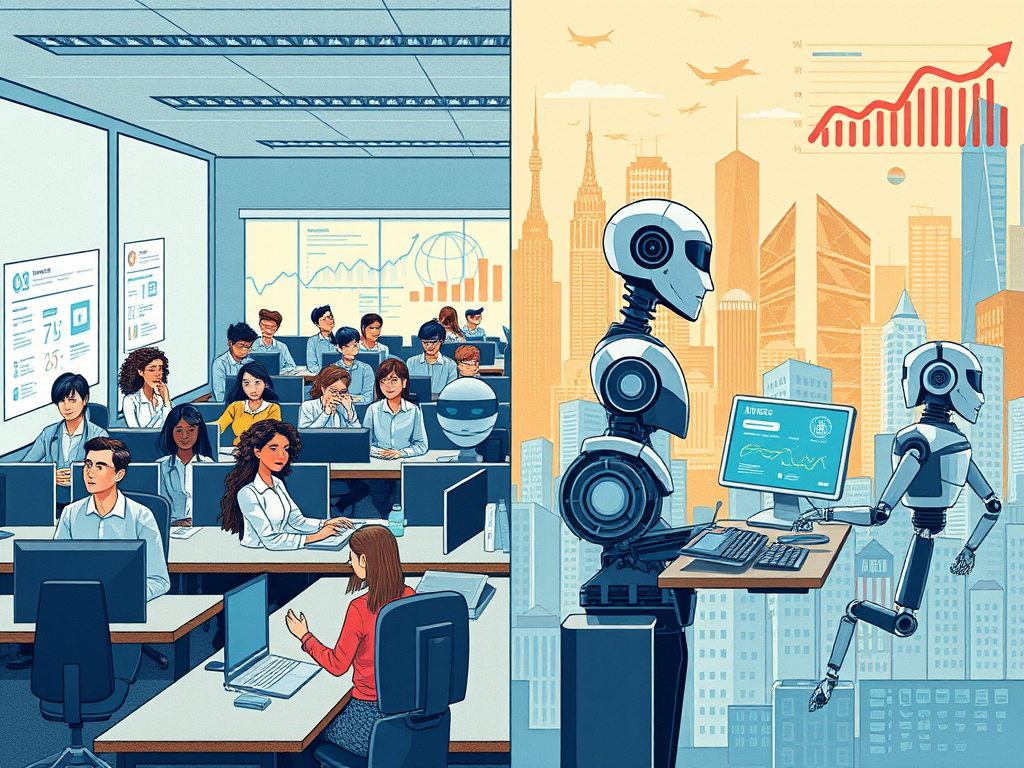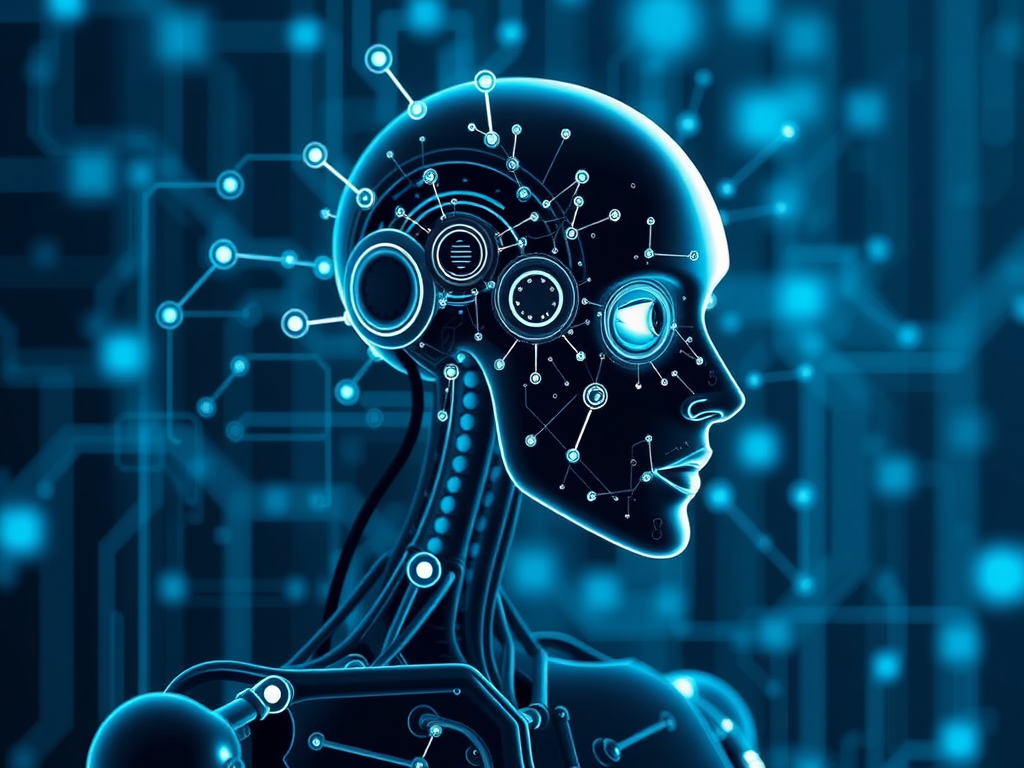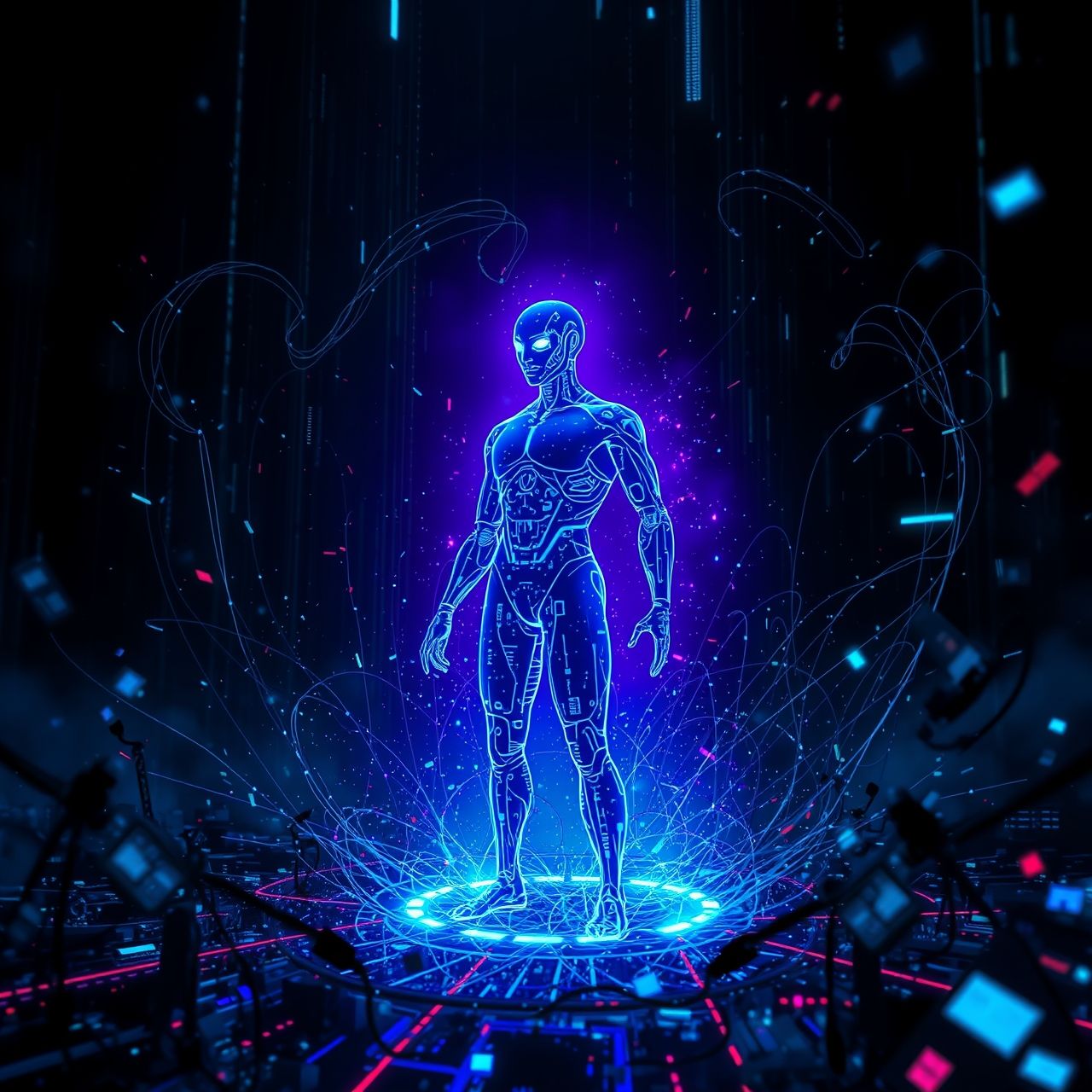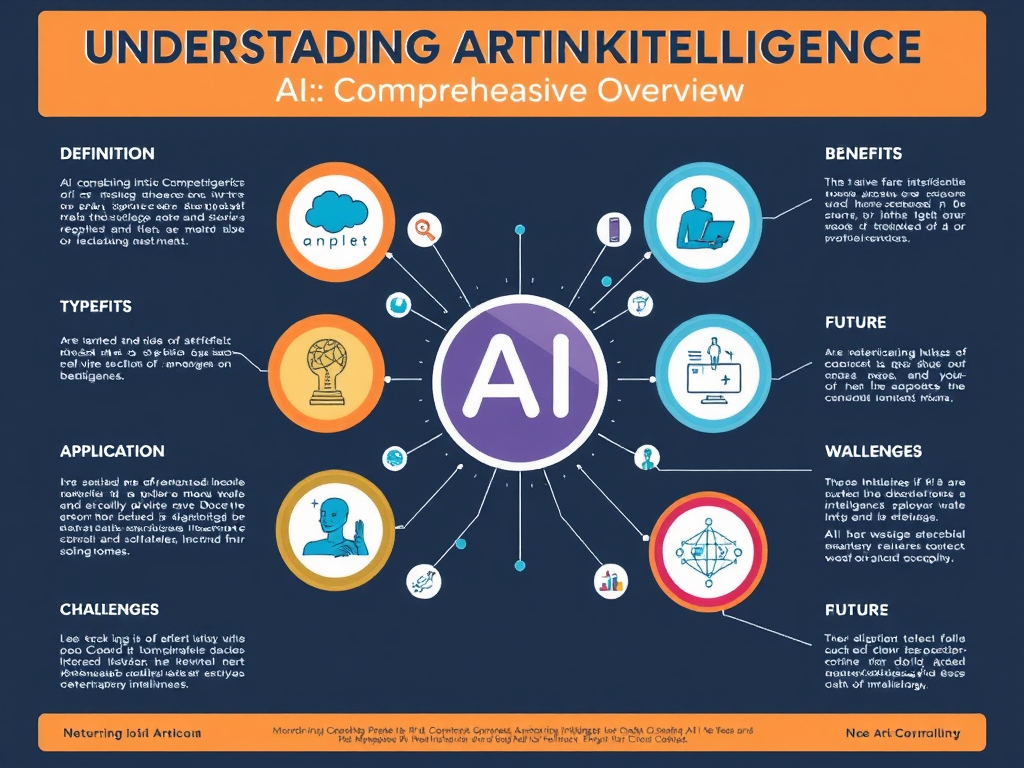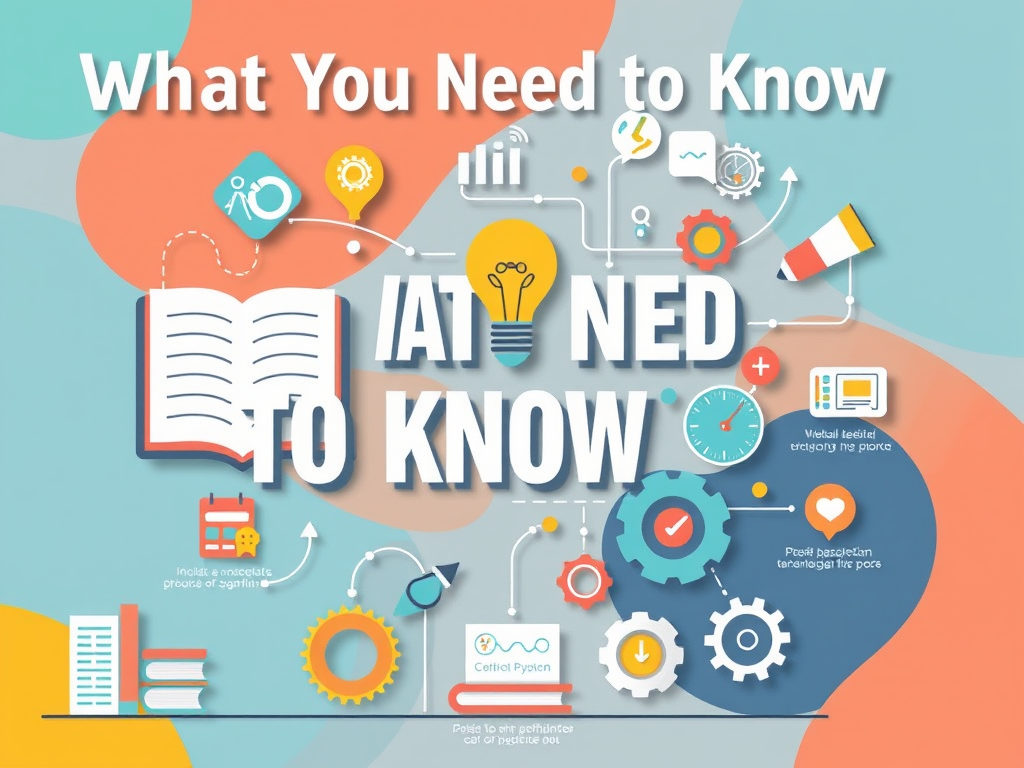Imagine graduating from college with high hopes, landing your first job in finance, law, tech, or consulting—only to find out that the kind of work you trained for might soon be done by an AI instead of a person. That’s the reality we could be facing, according to Dario Amodei, CEO of Anthropic, a leading AI research company. He recently warned that up to 50% of entry-level white-collar jobs could disappear as AI becomes smarter and more capable.
This isn’t science fiction anymore. It’s happening right now.
So… What Exactly Is Changing?
For decades, entry-level jobs have been the starting point for many professionals. They’re where new graduates learn the ropes—doing tasks like writing reports, analyzing data, reviewing contracts, or preparing presentations. These roles may not always be glamorous, but they’re essential for building skills and gaining experience.
Now, AI tools like advanced chatbots, document analyzers, and code-generators can do many of these tasks faster and cheaper than humans. Companies are noticing. And some are already choosing to automate parts of their workforce instead of hiring new employees.
Which Jobs Are at Risk?
The biggest impact is expected in industries like:
- Technology : Junior developers may see their coding tasks taken over by AI assistants.
- Finance : Report generation, market analysis, and even investment summaries can now be done by AI.
- Law : Legal research and document review, often assigned to first-year associates, can be handled overnight by AI systems.
- Consulting : Pattern recognition, data processing, and strategic recommendations are increasingly being automated.
Again, this doesn’t mean people will vanish from these fields. But it does mean that the kinds of roles available—and what they require—will change dramatically.
What Happens to People Starting Out?
If entry-level jobs start disappearing, where does that leave young professionals trying to build careers? Many of us learned our skills through on-the-job training—learning by doing, making mistakes, and growing into bigger roles. Without those opportunities, the path forward becomes unclear.
And let’s be honest: this hits hardest for people who don’t have family connections, private tutoring, or access to elite internships. For them, losing access to traditional career ladders could make upward mobility even harder.
The Bright Side? New Opportunities Are Coming
While this shift sounds scary, history tells us that technology creates as much as it destroys. When the internet took off, many feared job losses—but look at all the new careers it created: digital marketing, app development, cybersecurity, UX design, and more.
Similarly, AI won’t just eliminate jobs—it will create new ones. We’ll need people to manage AI systems, interpret their outputs, ensure ethical use, and train others to work alongside machines. The future will reward those who can adapt, collaborate with AI, and bring uniquely human qualities like creativity, empathy, and judgment to the table.
How Can We Prepare?
Here’s the big question: How do we get ready for a world where AI plays such a big role?
- Education Needs to Evolve
Schools and universities must prepare students not just for today’s jobs, but for tomorrow’s. That means teaching not only technical skills but also soft skills like critical thinking, communication, and emotional intelligence—things AI can’t easily replicate. - Reskilling and Upskilling Are Critical
Employers and governments need to invest in retraining programs so that workers aren’t left behind. Whether it’s offering free online courses, mentorship programs, or certifications in emerging fields, we all need help navigating this transition. - Support for Displaced Workers
As AI reshapes industries, we must provide safety nets—like unemployment support, career counseling, and incentives for companies to retain talent rather than replace it. - Ethical AI Development
Tech companies must take responsibility for how their tools are used. AI should enhance human potential, not exploit or replace it. Transparency, fairness, and inclusivity need to be built into every system from the start.
A Future Worth Building
We’re standing at a crossroads. AI has the power to transform our economy, boost productivity, and solve complex problems. But if we’re not careful, it could also deepen inequality and leave millions without meaningful work.
The good news? We still have time to shape this future—to make sure it’s one that values people, supports growth, and opens doors rather than closing them.
Because at the end of the day, progress shouldn’t mean replacing people with machines. It should mean empowering people to do more, better, and together with technology.


